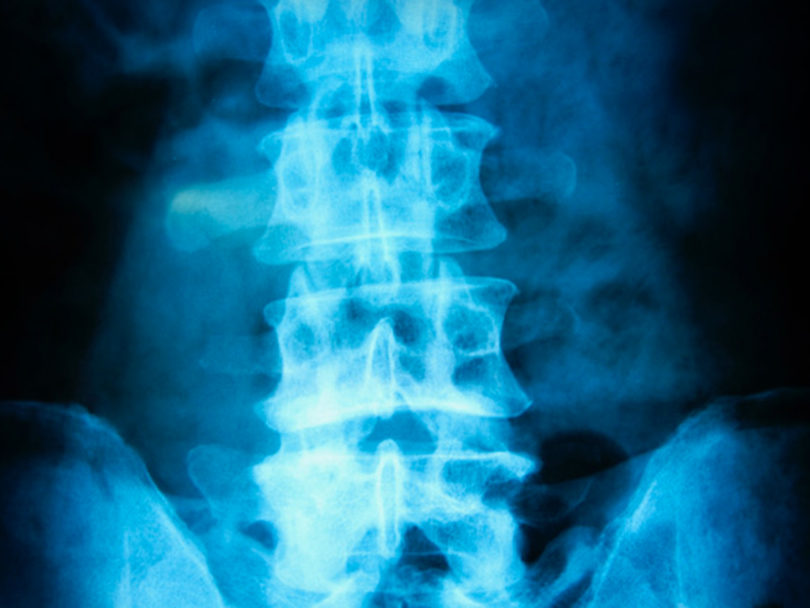Having a ruptured disc can be painful; besides robbing you of being productive, the pain can prevent you from enjoying everyday life. A ruptured disc is also known as a herniated disc. This occurs when a fragile vertebral disc has basically given up all hope of properly supporting the spine and the inner core of the disc has freed itself from its proper place inside the vertebrae.
The inner core of a spinal disc is actually a sort of gel. When a disc ruptures, this gel has leaked out of the outer portion of the disc and become a nuisance to the nerve fibers outside of the inner disc. This can occur in any part of the spine, but is most common in the lumbar (lower) portion of the back. Some common symptoms of a ruptured disc are pain and numbness, usually on one side of the body, pain that extends to the arms or legs and pain that gets worse at night or with certain movements.
If you are experiencing one or more of these symptoms, do not ignore them. A severely ruptured disc can lead to permanent nerve damage in the spine. Ruptured discs can be serious, so don’t try to tough it out if your symptoms are not responding to rest. No matter which portion of your spine is causing symptoms, it is vitally important that you have your physician address them immediately.







